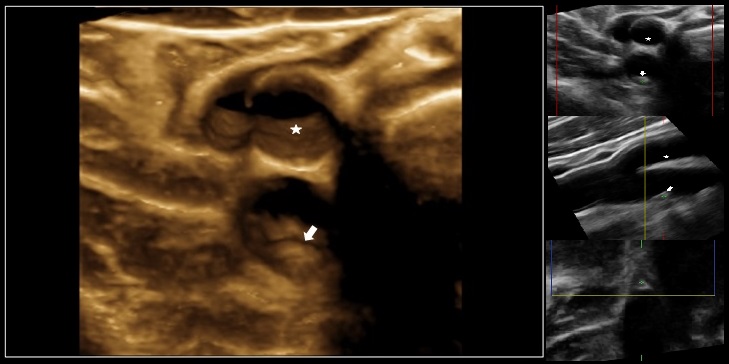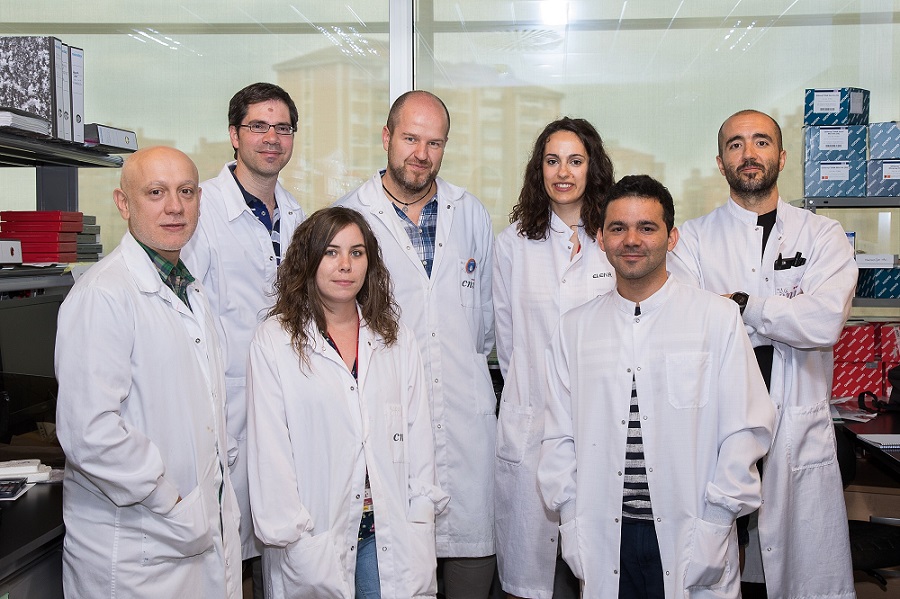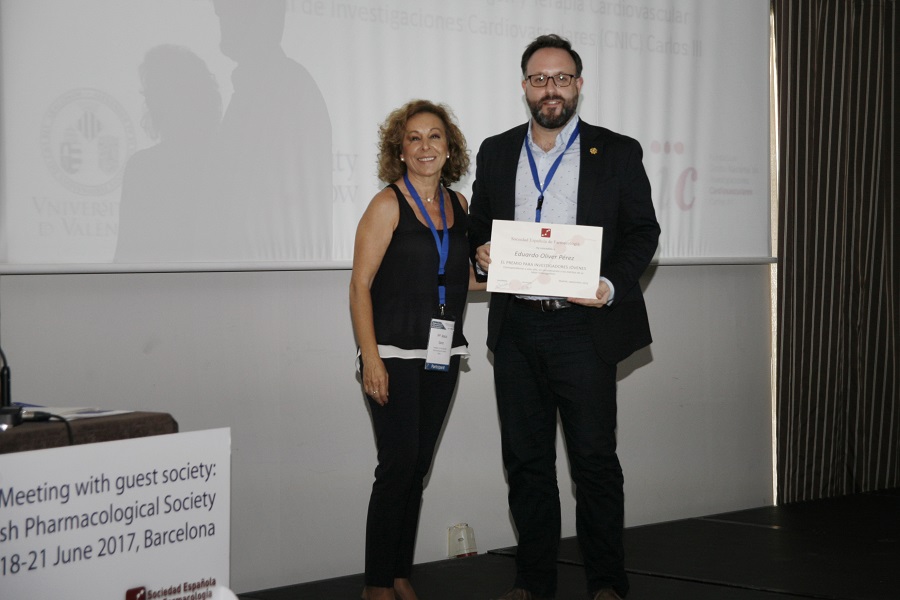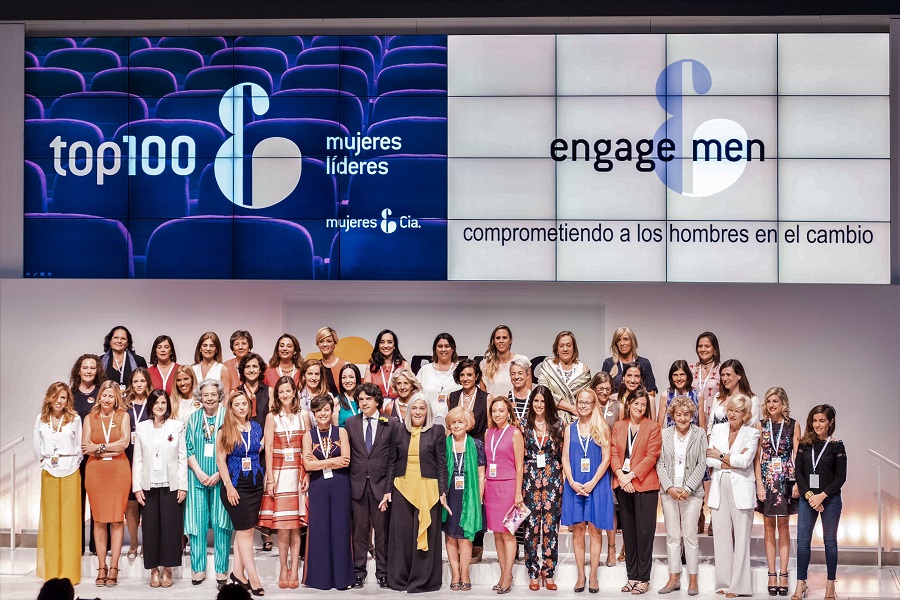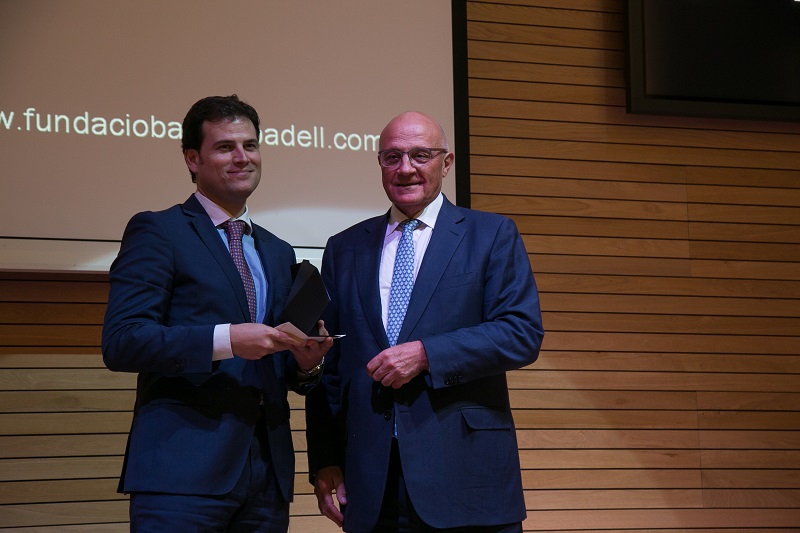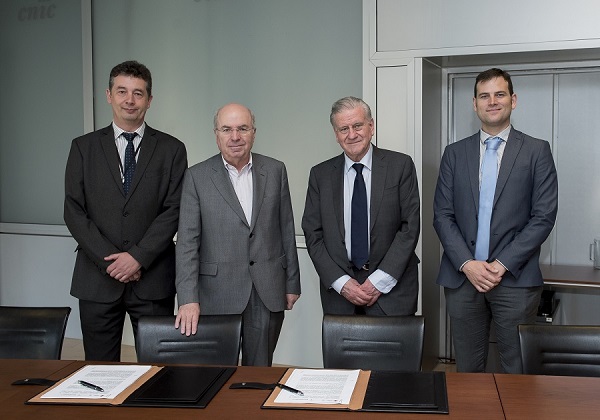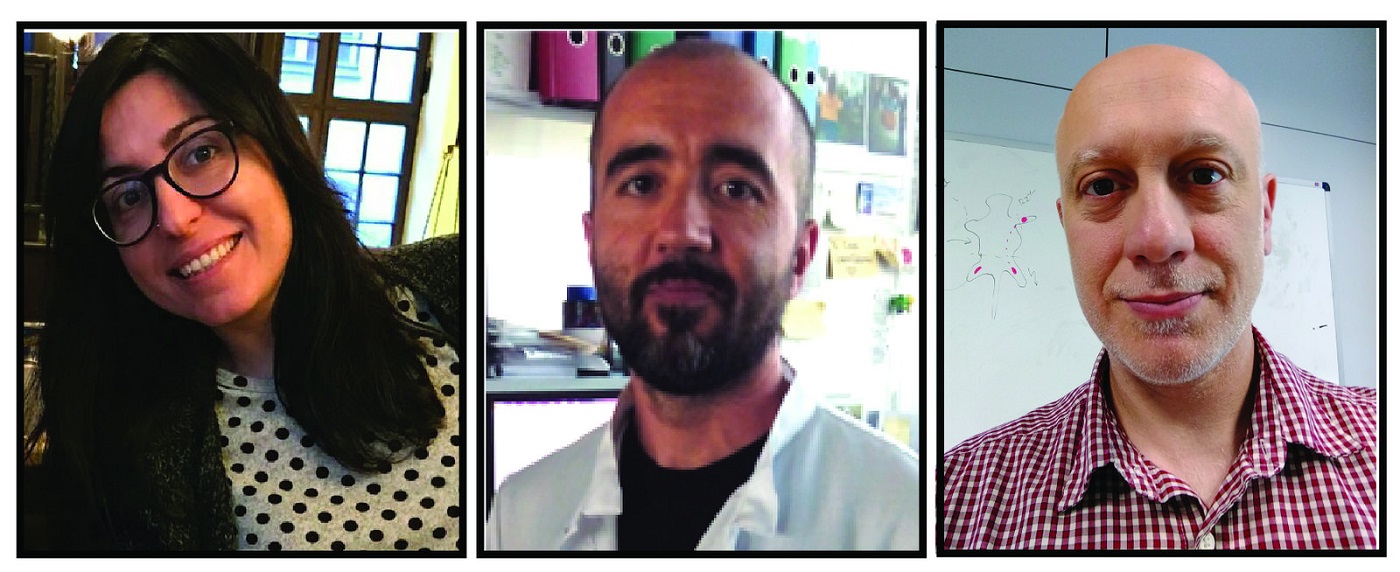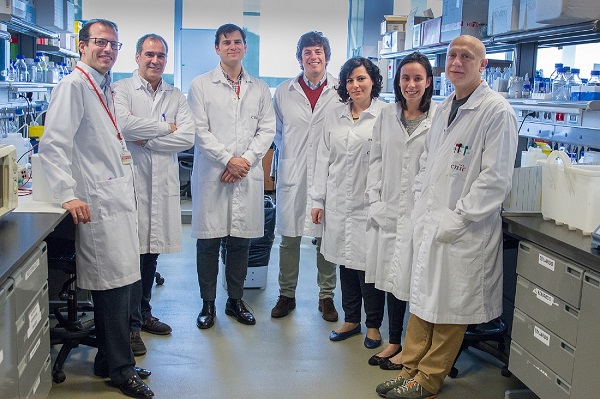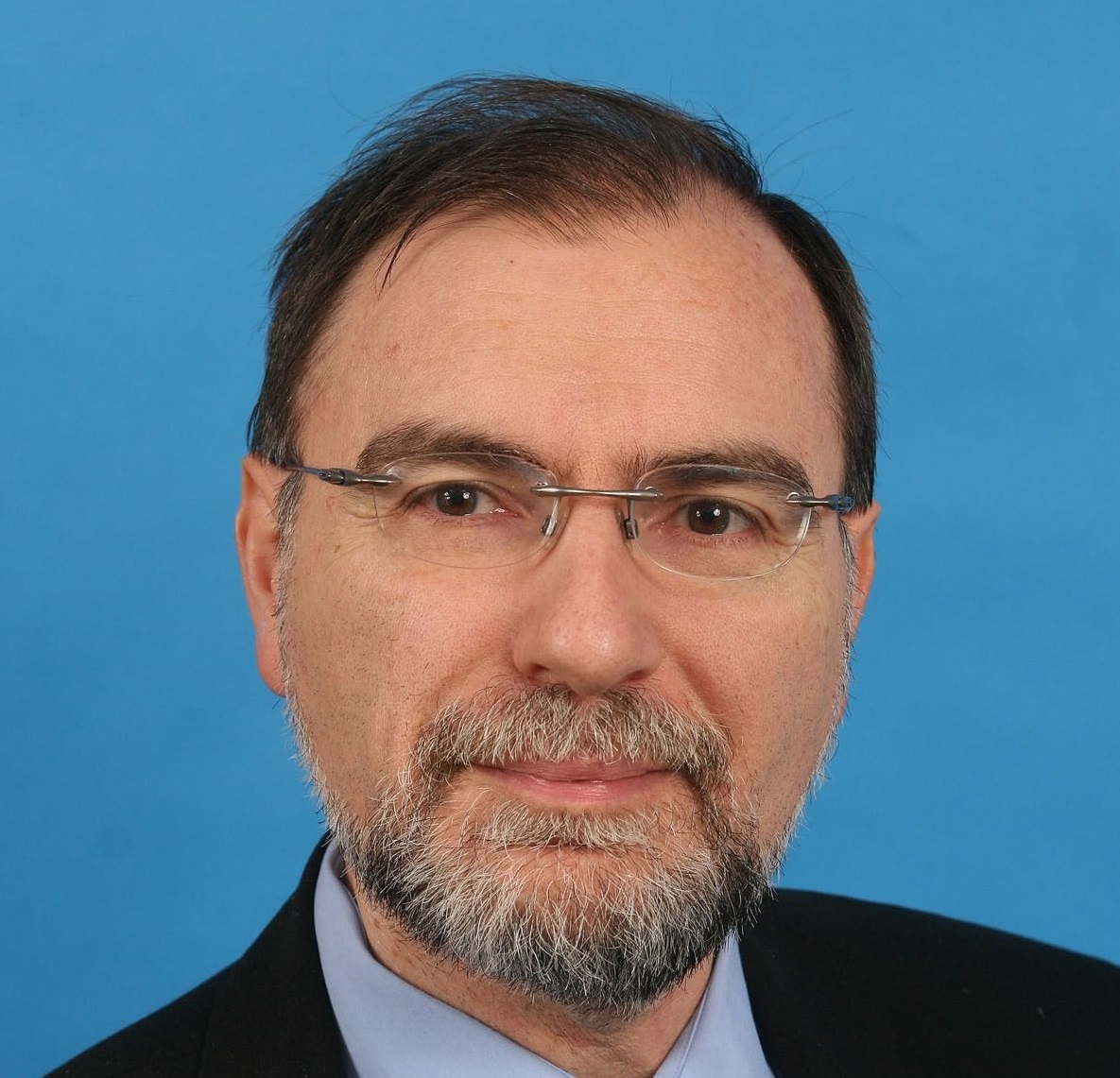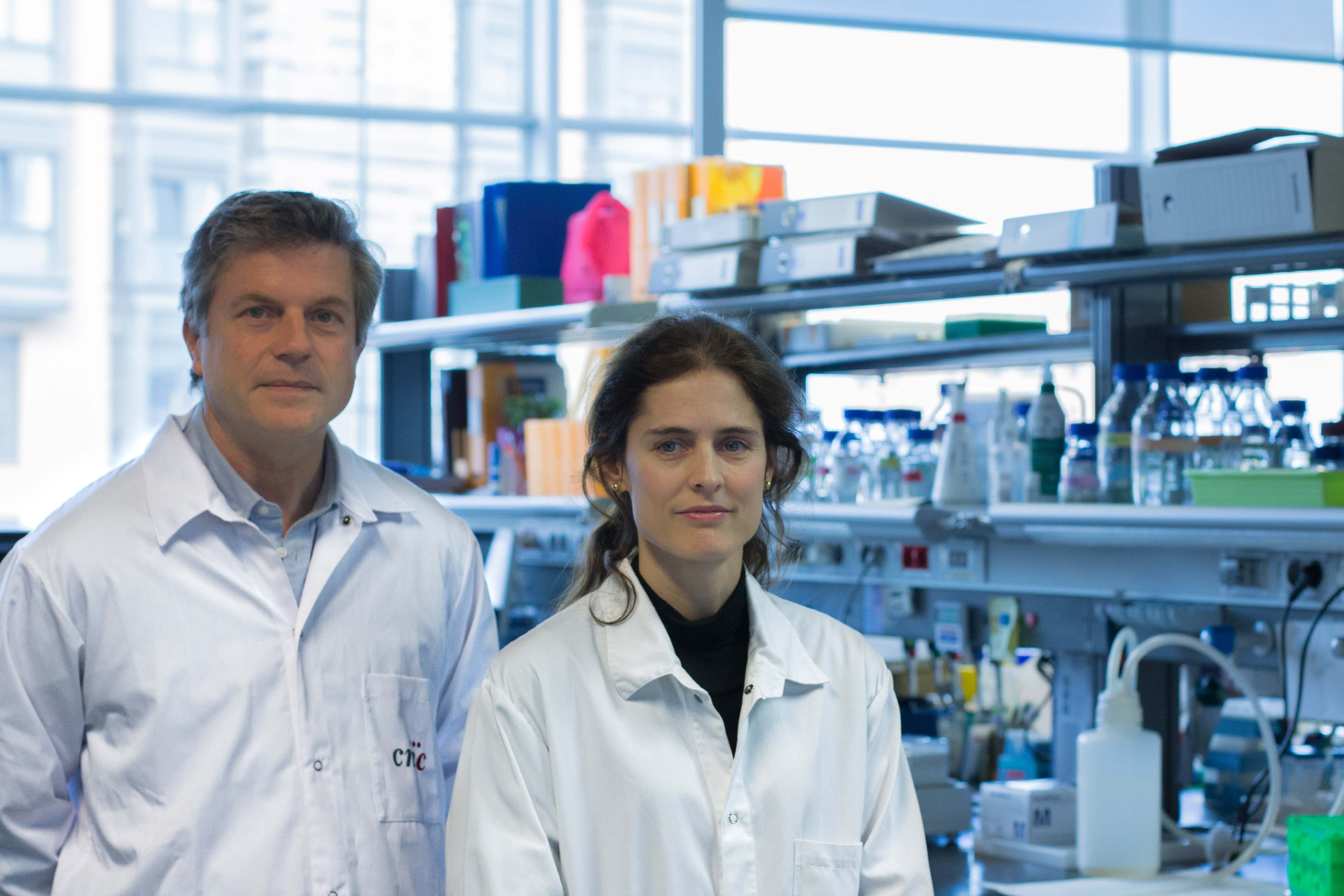News search
|
Research 24 Jul 2017 CNIC researchers show the value of total atherosclerosis burden for the identification of individuals at risk of cardiovascular disease |
|
Research 17 Jul 2017 The study, published in Nature Communications, demonstrates that tissue-resident and circulating memory T cells cooperate in anti-tumor immunity |
|
About the CNIC 27 Jun 2017 The Young Researcher Award of the Spanish Society of Pharmacology (SEF) is awarded to members of the SEF under 35 years of age with the best scientific career |
|
About the CNIC 27 Jun 2017 The initiative is aimed at boosting the presence of women in all areas |
|
About the CNIC 1 Jun 2017 Dr. Ibáñez, Director of Clinical Research at the CNIC, has received an award for his contribution to the fight against cardiovascular diseases |
|
About the CNIC 30 May 2017 Los resultados permitirán avanzar en el conocimiento de la interacción entre los diversos factores de riesgo de ambas enfermedades |
|
Research 24 Apr 2017 CNIC scientists show that when macrophages ingest these expired cells they acquire protective properties |
|
Research 18 Apr 2017 The beta-blocker metoprolol can limit cardiac damage in patients having a heart attack |
|
About the CNIC 7 Mar 2017 The State Research Agency nominates José María Ordovás as member of its Scientific and Technical Committee |
|
About the CNIC 1 Mar 2017 The 4DHeart project is underpinned by a €1.5 million budget spread over 4 years |
- ‹ previous
- 21 of 42
- next ›
